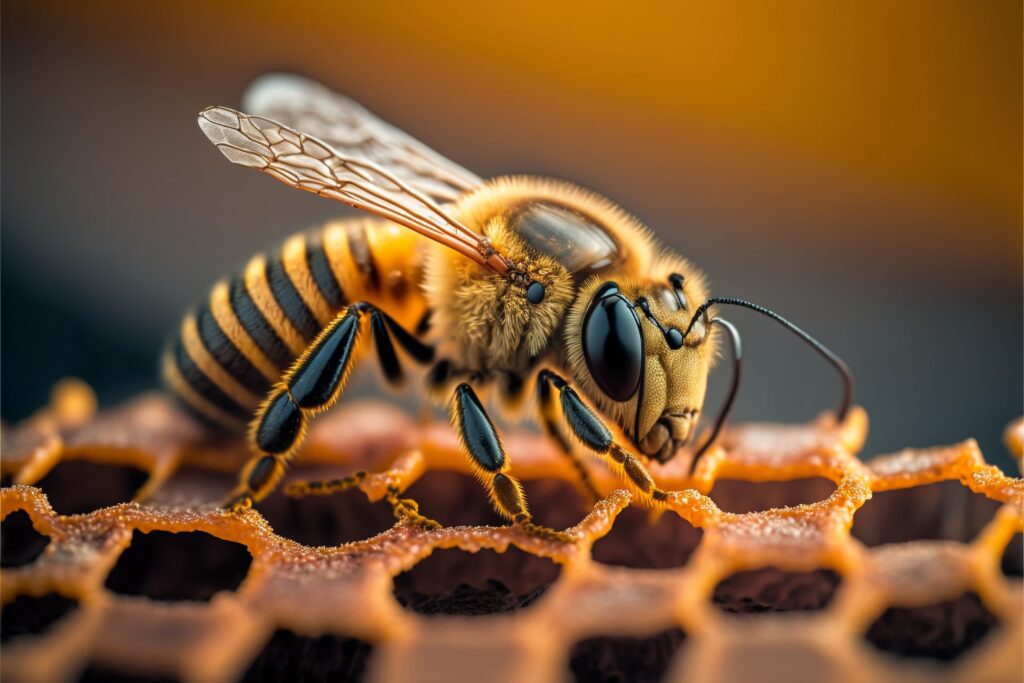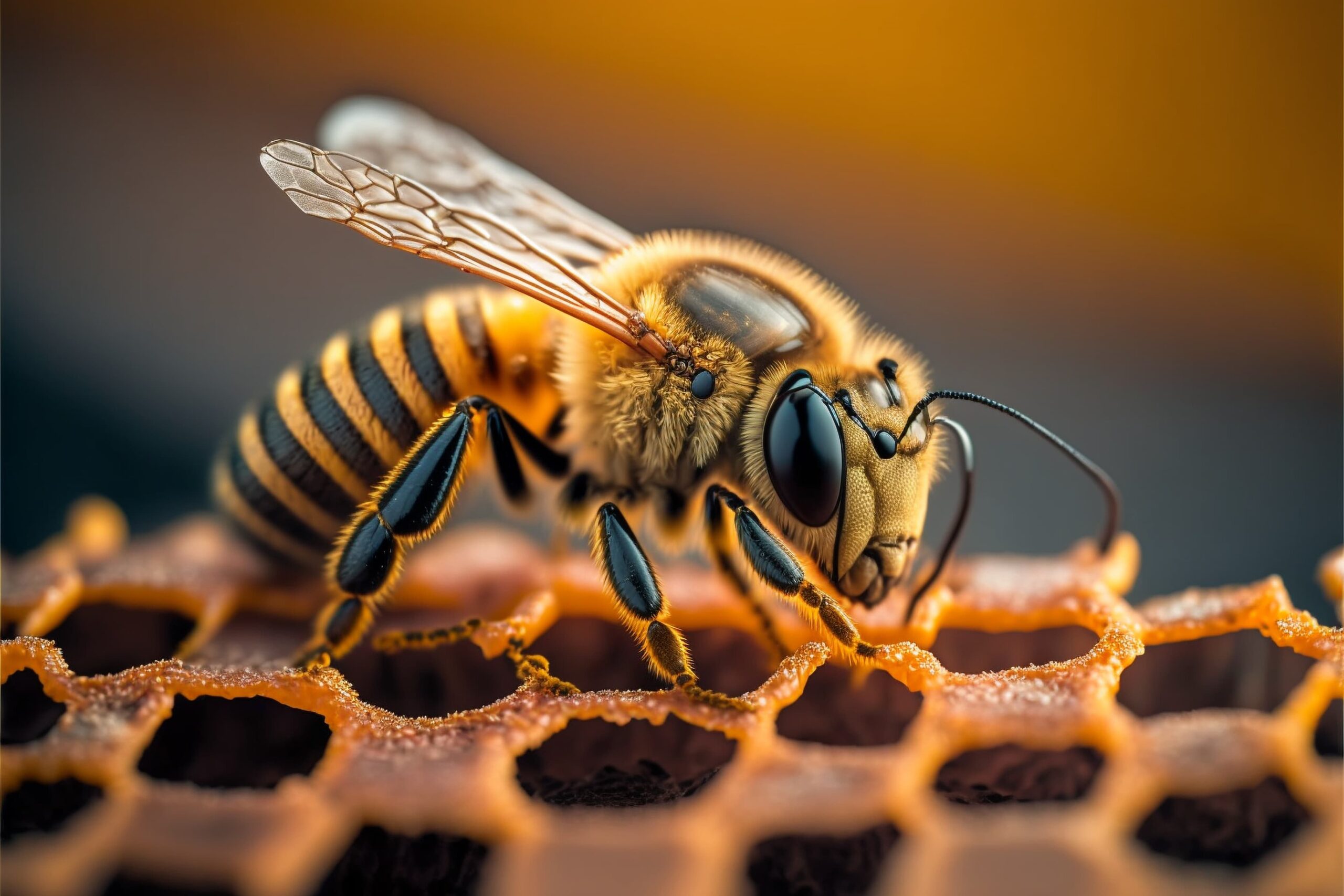
Decentralized autonomous organizations (DAOs) are a new form of a decentralized governance structure based on blockchain & operate using a consensus-based model in which decisions are made by token holders, rather than a central authority.
The governance structure of DAOs & how it differs from traditional organizations
Unlike traditional organizations, decentralized autonomous organizations (DAOs) have a significantly different governance model. In a DAO, decisions are made by token holders, not a central authority, through the use of a decentralized, consensus-based model. With all token holders having an equal say in the direction of the organization, this allows for increased transparency and democratic decision-making. In contrast to traditional organizations, DAOs don’t have a centralized leader or hierarchy of decision-makers. In this way, decisions can be made more quickly and efficiently, allowing for a more responsive organizational structure. Overall this leads to enhanced efficiency, transparency, & trust.
The role of smart contracts in enabling decentralized decision making
A smart contract is a computer program that automatically executes the terms of a contract when certain conditions are met & plays a crucial role in enabling decentralized decision-making in DAOs. In DAOs, smart contracts are used to automate the decision-making process & ensure that the rules of the organization are followed. Smart contracts can be used to automate tasks such as voting, making it easy for token holders to participate in decision-making & can be used to enforce the rules of the organization, preventing any single individual or group from gaining too much power or making unauthorized changes. Overall this leads to more transparency & efficiency.
The potential of DAOs to disrupt traditional business models in industries
The decentralized governance structure & the use of smart contracts in DAOs enable more efficient, transparent, & trustable decision-making processes, allowing new business models to emerge. In the financial industry, DAOs enable the development of decentralized finance platforms, which allow peer-to-peer lending, borrowing, & trading of assets without the need for intermediaries leading to a more accessible & transparent financial system. In the supply chain industry, DAOs enable greater transparency & traceability of goods & services making more efficient & sustainable supply chains & so on. Ultimately DAOs disrupt traditional business models by enabling new forms of decentralized & transparent decision-making leading to greater efficiency, trust, & access to resources.
The impact of DAOs on employment & the future of work
DAOs can create new opportunities for employment like the development & maintenance of smart contracts & infrastructures required for DAOs that would require a new set of skills & could create new jobs. The use of DAOs in various industries like finance, supply chain, & real estate could lead to the creation of new & more efficient business models that require new types of workforce.
On the other hand, DAOs have the potential to automate many tasks that can lead to job losses in certain industries. Additionally, the decentralized governance structure of DAOs could lead to a more flexible & decentralized workforce, where individuals can work on multiple projects at once, rather than being tied to a single employer.
Future of DAOs & other decentralized technologies.
The future of DOAs with other decentralized technologies such as blockchain, IoT, & AI is an area of ongoing research & development. As DAOs rely on blockchain to operate in a decentralized & trustless manner, they could also benefit from advancements in areas such as scalability, privacy, & interoperability. Additionally, the integration of DAOs with IoT & AI technologies has the potential to enable new forms of decentralized & autonomous systems that can operate in various industries along with the ability to identify & mitigate potential security threats.
